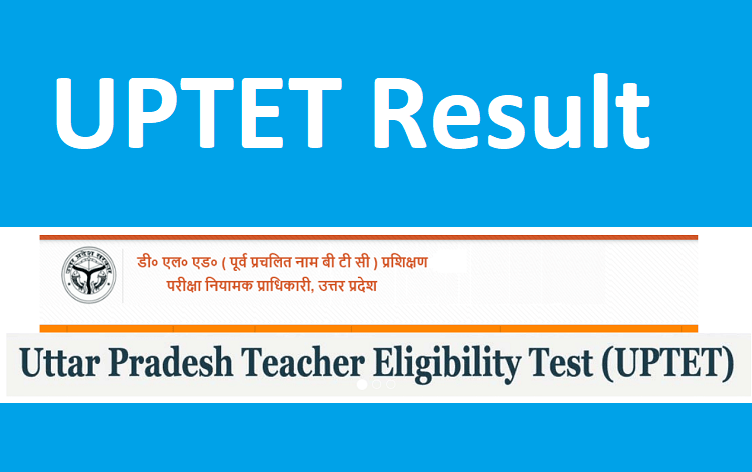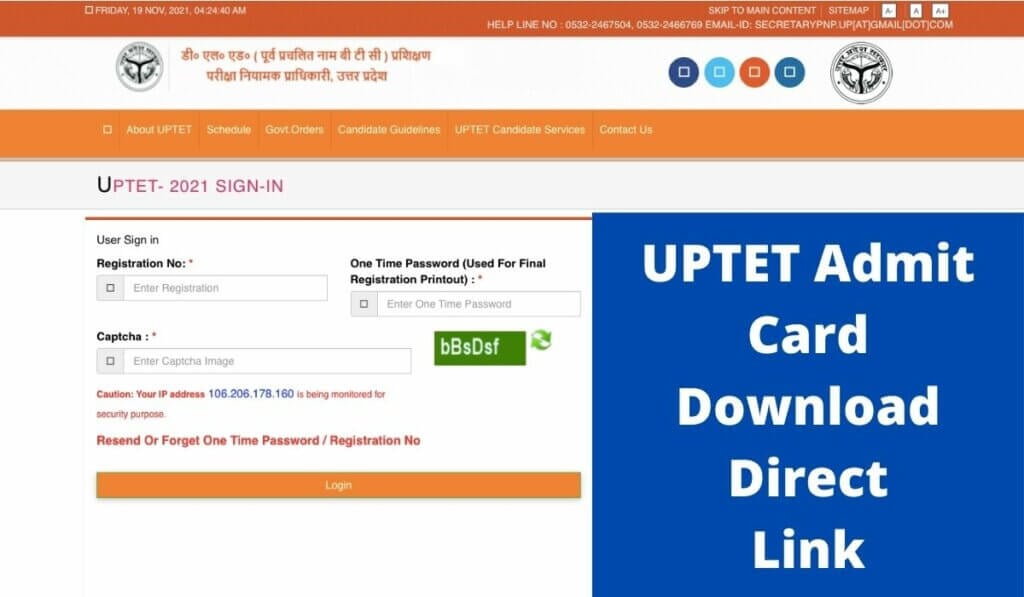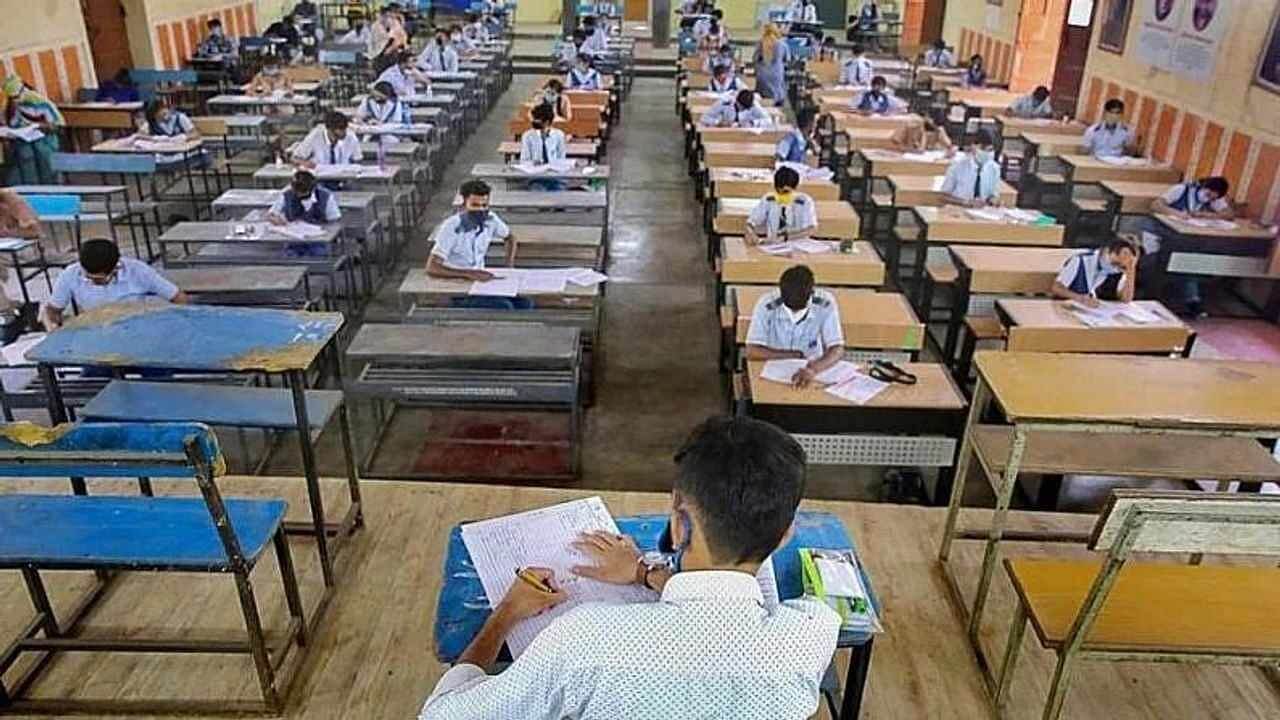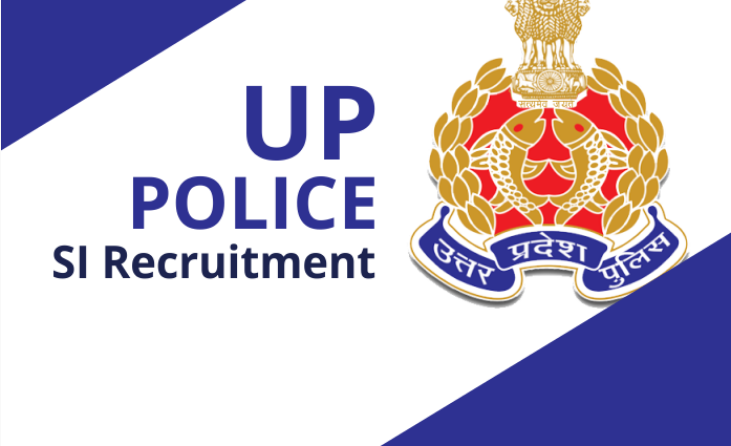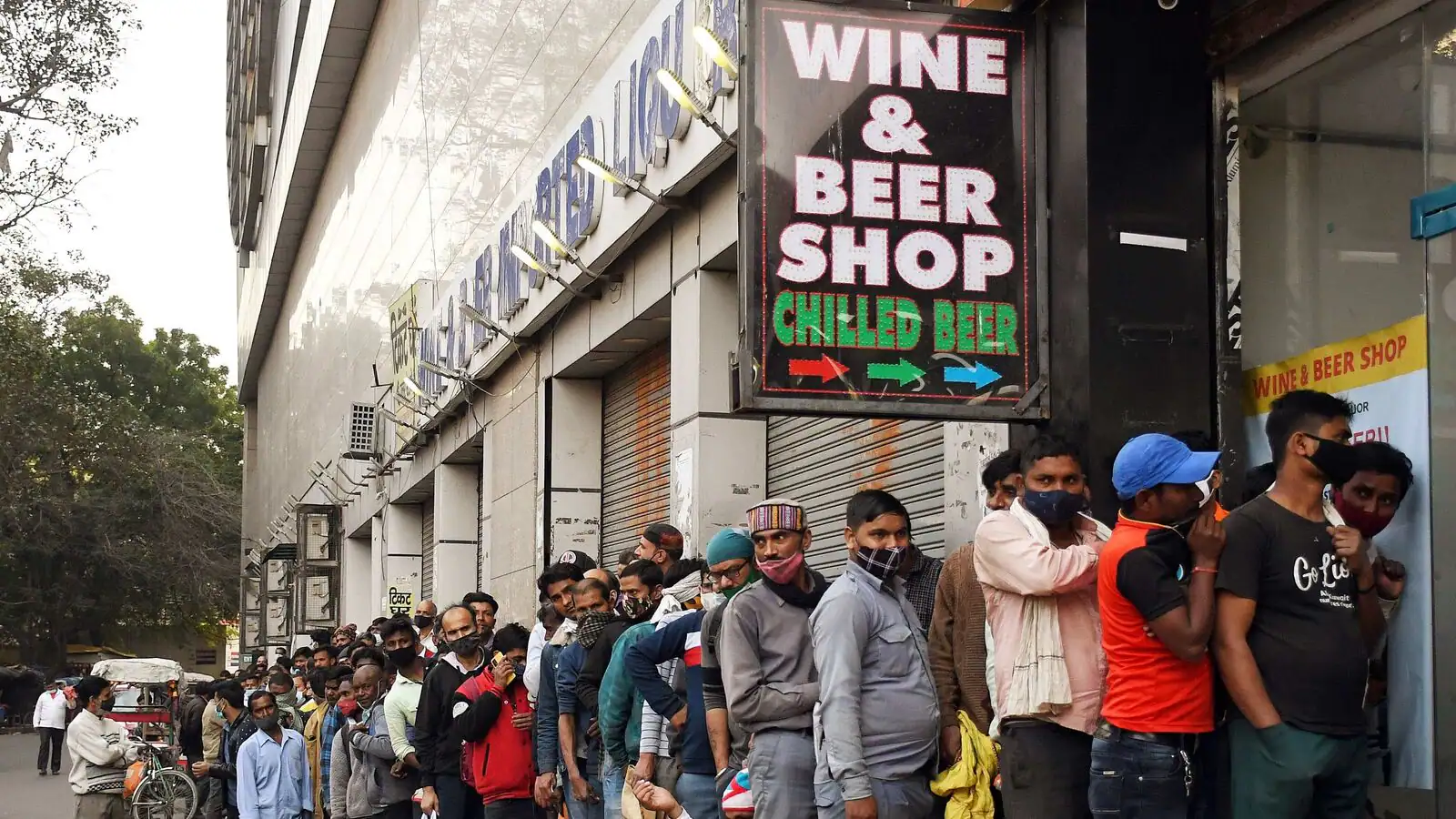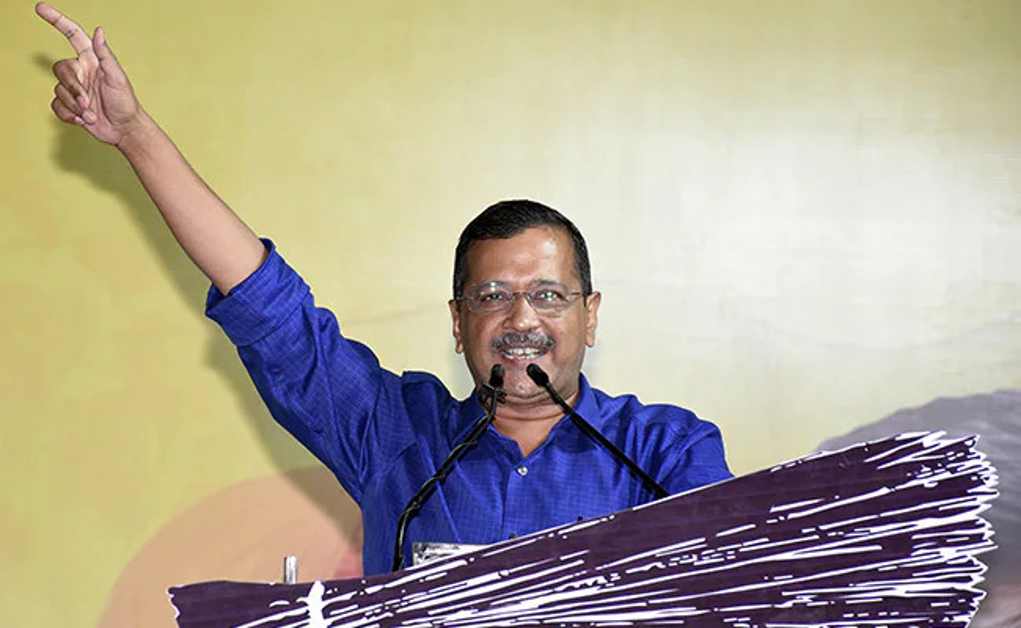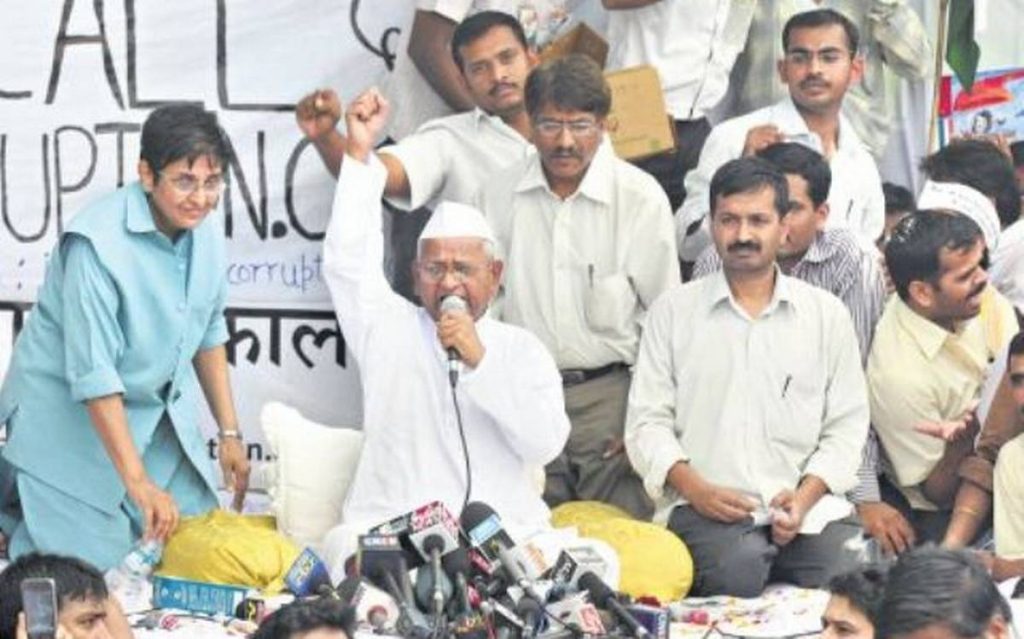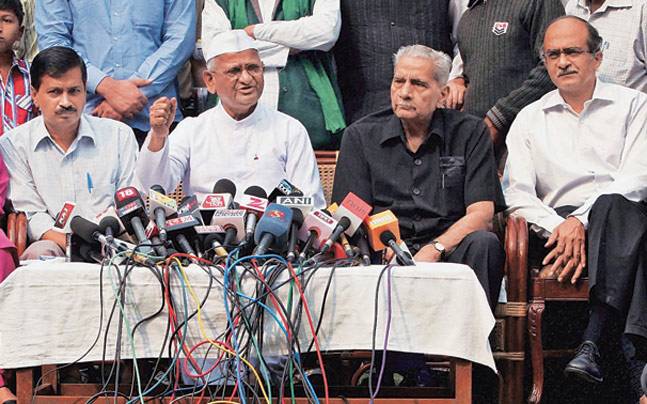Delhi Chief Minister Arvind Kejriwal was on Sunday questioned by the CBI in connection with its investigation into the purported Delhi liquor policy scam case. The Aam Aadmi Party (AAP) chief is latest among the party’s top brass to have been brought under the hammer by the central probe agency, two months after senior AAP leader and former Deputy Chief Minister Manish Sisodia was arrested in the alleged scam.
The Delhi liquor policy has become the flashpoint between the AAP and the BJP with the former accusing the BJP-ruled Centre of “misusing” federal agencies like the Central Bureau of Investigation (CBI) and the Enforcement Directorate (ED) to target political opponents, including the Arvind Kejriwal-led AAP.
The Delhi Liquor Policy ‘scam’:
The Delhi Excise Policy 2021-2022 was first proposed in September 2020 but came into force in November 2021.
The new liquor policy was framed to increase the Delhi government’s revenue from alcohol sales and claimed to snuff out black marketing and the liquor mafia’s influence on the market.
As per the new policy, government-owned liquor vendors exited the liquor business and the private players were introduced with the National Capital being divided into 32 zones and 27 liquor vendors operating in every zone with 2-3 vendors plying every municipal ward in a zone.
The Kejriwal-led Delhi government, in its bid to attract more private players, allowed the licensed vendors to offer unlimited discounts to customers and set their own prices, regardless of the Maximum retail price or MRP. The policy also allowed the liquor shops to stay open till 3 am and also permitted home delivery of liquor to the customers.
According to reliable data, the new liquor policy boosted the Delhi government’s revenue from liquor sales by 27 percent to Rs 8,900 crore as the state completely left the liquor business which was now under the total control of private vendors.
However, the new excise policy soon came under the scanner after a report by Chief Secretary of Delhi, Naresh Kumar, pointed out “irregularities and procedural lapses” in the new liquor policy and amid allegations of corruption against the AAP dispensation, Lieutenant Governor VK Saxena ordered a CBI probe on Kumar’s recommendation.
The Chief Secretary’s report:
In his report submitted to Delhi LG VK Saxena and Chief Minister Arvind Kejriwal on July 8, 2022, Naresh Kumar said the licensees made enormous profits while the excise department incurred massive losses as a result of an import pass fee waiver of Rs 50 per case of beer.
He also stated that license fee amounting to Rs 144.46 crore, was waived off by the Delhi government due to the Covid-19 pandemic without authorization from the Delhi Lieutenant Governor.
Both of these waivers were allegedly approved by then Deputy CM Manish Sisodia.
According to Delhi Excise Rules, 2010 and the Transaction of Business Rules, 1993, all changes are deemed illegal if not approved by the LG even after they’ve been approved by the cabinet.
A media report at the time said that Kumar took his findings to the Economic Offences Wing (EOW) of the Delhi Police and alleged that the new excise policy had resulted in cartelization and monopolization of the liquor business.
After the raging controversy, the Delhi government scrapped the new excise policy and rolled back to the previous one in July 2022.
The Manish Sisodia case:
The chief secretary’s report claimed that “Minister In-charge of the Excise Department, Manish Sisodia, took and got executed, major decisions/actions”, which were “in violation of the statutory provisions and the notified Excise Policy that had huge financial implications.”
The report claimed that Sisodia waived off license fee and import duty of beer under the garb of the Covid-19 pandemic to benefit liquor vendors and received kickbacks for the same.
It said: “It was done so with the sole aim of benefitting private liquor barons in lieu of financial benefits to individuals at the highest echelons of the government leading up to the Minister in-charge of Excise & Finance, Manish Sisodia.”
In August 2022, the CBI registered an FIR against Manish and 14 others under various sections of the IPC, including 120B (criminal conspiracy) and 477A (falsification of records), and section 7 of the Prevention of Corruption Act.
In its FIR, the federal probe agency claimed that payments in crores were made to Sisodia’s close associates by Indospirits chief Sameer Mahendru, who was one of the liquor vendors actively involved in irregularities in the framing and implementation of the excise policy.
In October 2022, the CBI summoned Sisodia and recorded his statement in the case. The former Deputy CM was called in for questioning again on February 26 and later arrested.
Manish Sisodia remains lodged in Delhi’s Tihar jail after he was arrested by the ED in connection with a money laundering case that stems from the CBI’s liquor policy case.
Money laundering and the South cartel:
The ED, which probes financial crimes, has alleged in its chargesheet that the AAP used money generated from a purported liquor scam to fund its election campaign in Goa in 2022.
In the chargesheet, the ED has claimed that investigation trail in the Delhi liquor scam case has revealed AAP used part of the funds generated in the scam for its poll campaign in Goa.
AAP managed to win two seats in the Goa Assembly elections.
The ED chargesheet claimed that Rs 70 lakh in cash payments were made to volunteers of AAP’s survey teams, adding that party’s communications chief Vijay Nair allegedly told “certain persons” who were involved in AAP’s campaign related work, to receive payments in cash.
The probe agency’s chargesheet further alleged that, on AAP’s behalf, Nair received over Rs 100 crore in payments from a group comprising of YSRCP MP Magunta Sreenivasulu Reddy, his son Raghav Magunta, Aurobindo Pharma director P Sarath Chandra Reddy and Telangana CM KCR’s daughter Kavitha Kalvakuntla.
The ED further alleged that Abhishek Boinpally, a Hyderabad-based businessman, in conspiracy with Delhi Deputy Chief Minister Manish Sisodia’s aide Dinesh Arora had facilitated the transfer of the kickback money.
The central agency had also filed a supplementary chargesheet in the case against AAP’s Vijay Nair, businessmen Sarath Reddy, Binoy Babu, Abhishek Boinpally and Amit Arora.


 India News17 hours ago
India News17 hours ago
 Cricket news16 hours ago
Cricket news16 hours ago
 India News16 hours ago
India News16 hours ago
 Latest world news3 hours ago
Latest world news3 hours ago
 Latest world news3 hours ago
Latest world news3 hours ago
 India News3 hours ago
India News3 hours ago
 Latest world news3 hours ago
Latest world news3 hours ago


